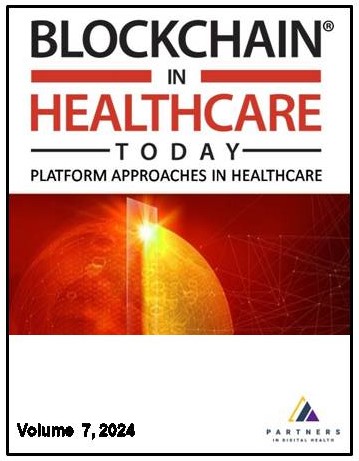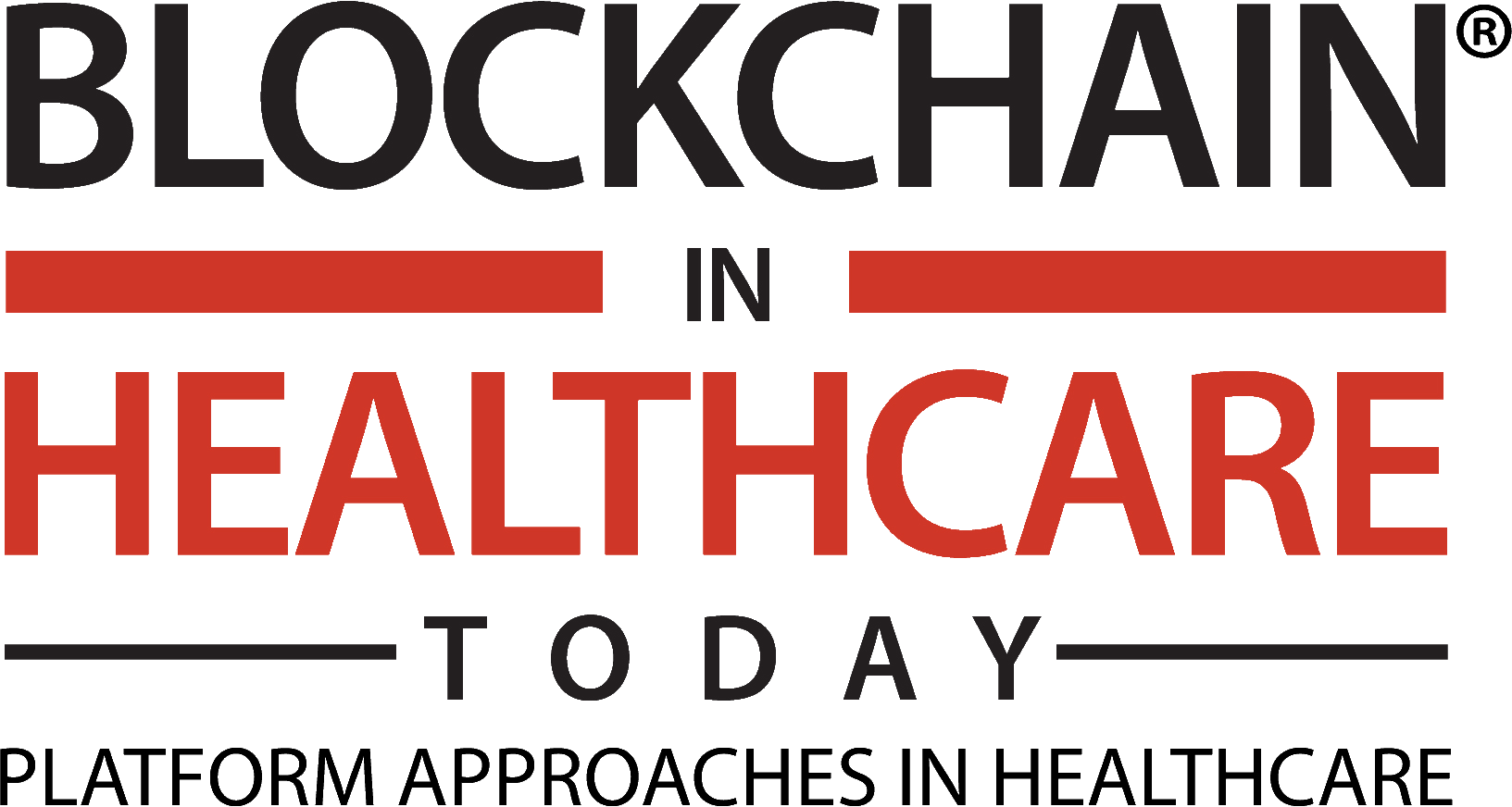
Additional files
More articles from Volume 7, Issue 3, 2024
Tracing the Blockchain Challenges in Healthcare: A Topic Modeling and Bibliometric Analysis
Leveraging Blockchain and AI for Pharma Supply Chain Efficiency
Systematic Review of Usability Factors, Models, and Frameworks with Blockchain Integration for Secure Mobile Health (mHealth) Applications
A Secure and Reliable Fog-Enabled Architecture Using Blockchain With Functional Biased Elliptic Curve Cryptography Algorithm for Healthcare Services
Ethics of Blockchain by Design: Guiding a Responsible Future for Healthcare Innovation
Article views
Citations

0
Predictions for 2025: Artificial Intelligence in Modern Drug Development, Quantum Proof Encryption, and Health Data Monetization
We are witnessing an unprecedented convergence of scientific discoveries, technology innovations, exponential adoption of technology and remarkable population demographic shifts towards a digitally native society. The Noble Prizes in medicine, chemistry, physics awarded this year further validated the profound impact of technology on healthcare and life sciences. For 2025-designated by the United Nations as The Year of Quantum Technology, we can envision further technology-driven innovations in all domains, triggering the transition to a novel health ecosystem. The role of AI in modern drug development, the demand for quantum-proof encryption, and the opportunities of blockchain in health data monetization are all trends can be disruptive for pharma, healthcare and healthcare finance.
Keywords
References
Citation
Copyright
This is an open access article distributed under the Creative Commons Attribution License which permits unrestricted use, distribution, and reproduction in any medium, provided the original work is properly cited.
Article metrics
The statements, opinions and data contained in the journal are solely those of the individual authors and contributors and not of the publisher and the editor(s). We stay neutral with regard to jurisdictional claims in published maps and institutional affiliations.

